Every family has one. That chair. At the end of the long dining table, next to the carving platter, closest to the mashed potatoes or the fireplace. It’s the seat no one else sat in not out of rule, but out of reverence. It belonged to someone special. Someone who held the rhythm of Thanksgiving
Every family has one. That chair. At the end of the long dining table, next to the carving platter, closest to the mashed potatoes or the fireplace. It’s the seat no one else sat in not out of rule, but out of reverence. It belonged to someone special. Someone who held the rhythm of Thanksgiving in their hands. And then, one year, they were gone. And everything changed. But somehow, not everything. For many families, Thanksgiving wasn’t just about turkey and pie it was about the person who made it all happen. Maybe it was Grandpa, who carved the bird with a quiet confidence, steady hands, and a white dish towel thrown over his shoulder. Or Grandma, who didn’t use recipes, only instinct and a yellowed index card from 1956 that held the sacred stuffing formula. That person the matriarch, the patriarch, the holiday anchor had a way of bringing everyone together. Of making the house smell like comfort and history. Of knowing who liked cranberry sauce from the can and who insisted on the homemade kind. Of remembering to set out the good tablecloth, the one with the little gravy stain from 1994 that no one ever bothered to clean because it was part of the memory. They sat at the head of the table, but they also sat in everyone’s hearts. And when they’re no longer there, the chair becomes something else entirely.
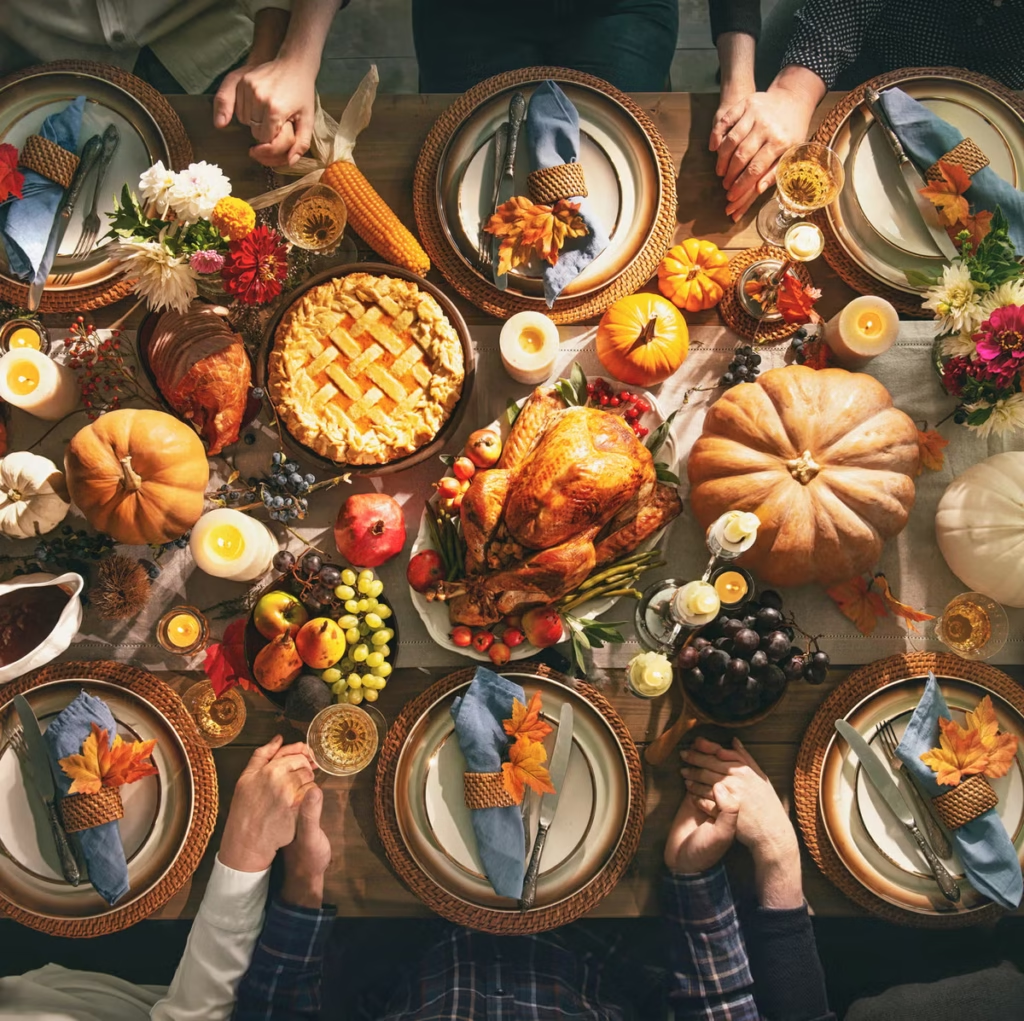
There’s a hush in the kitchen. Someone asks, “Should we make their sweet potatoes?” Someone else whispers, “Where did they keep the gravy boat?” No one quite knows how to say it: It doesn’t feel the same. Because it’s not. The first Thanksgiving after losing someone important is always the hardest. The traditions feel hollow at first like going through the motions of a dance with the lead missing. You still baste the turkey. You still light the candles. You still fold the napkins. But your heart is elsewhere somewhere in the past, where laughter echoed from that chair, and the room felt fuller. Grief shows up on holidays like an uninvited guest quiet at first, then suddenly overwhelming. It arrives when you set the table. When you hear their favorite song on the kitchen radio. When you accidentally pull out their mug from the cabinet. When someone laughs in a way that sounds just like them, and for a second, you forget. And then remember.
But here’s the thing about people who loved us well they leave more than a hole. They leave recipes. Smells. Sounds. The way they cut pie slices a little too big. The stories they told every year, word for word, as if we hadn’t heard them before. The quiet strength they showed when things went wrong, when the turkey burned or someone forgot the rolls. In that way, their love never really leaves the room. This is why some families start setting out a special plate each year not for a guest, but in memory. A plate that says: You’re still part of this. Others cook their dish, even if no one else eats it, just to have the smell in the house again. Some light a candle. Some raise a glass. Some tell stories, even if they make them cry. None of these gestures are about replacing the person. They’re about carrying what they gave us forward.

In the Delaney family of upstate New York, Thanksgiving was Aunt Mae’s holiday. She didn’t have children of her own, but she mothered everyone. She made pies from scratch six of them, lined up like soldiers. Her apple pie had a secret ingredient (bourbon), and she’d always wink when you asked about it. She played Nat King Cole records while she cooked. She used cloth napkins and always tucked a tiny note under each one: “I’m thankful for you.” She passed away in 2018. The first Thanksgiving without her, no one could bring themselves to sit in her chair. They left it empty, draped in one of her knit shawls. Someone placed her old apron on the seat. Someone else poured a cup of tea her favorite kind and set it beside the plate. They ate in silence for a moment, until Uncle Ron lifted his glass and said, “To Mae, who fed us more than food.” And from that year on, the chair at the end of the table wasn’t empty it was sacred.

The empty chair teaches us that grief is love that has nowhere to go. It reminds us that tradition isn’t about perfection, or even the food it’s about presence. It’s about showing up. Being there. Holding space for each other. Remembering. Laughing. Crying. Passing the stuffing, and the stories, and the love, generation to generation. It teaches us that time doesn’t erase loss but it can wrap it in new layers of meaning. Over time, the tears become misty smiles. The sorrow softens into reverence. And eventually, someone else picks up the torch carves the turkey, tells the old jokes, makes the pie too sweet. And the story continues.
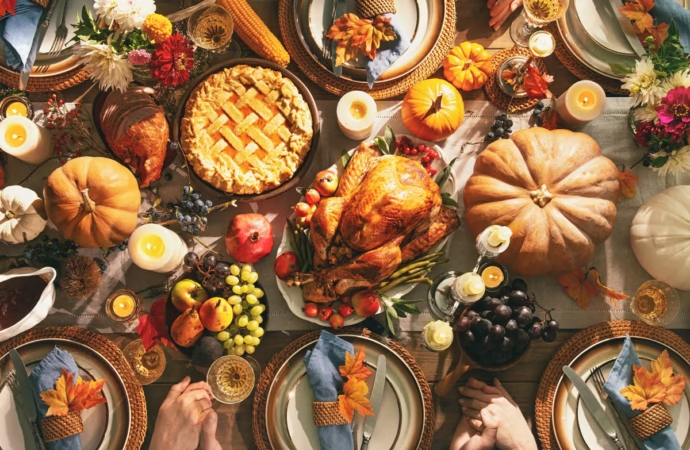

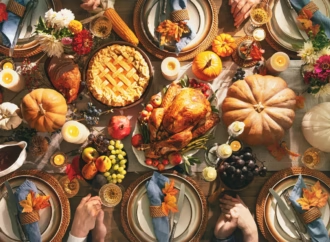
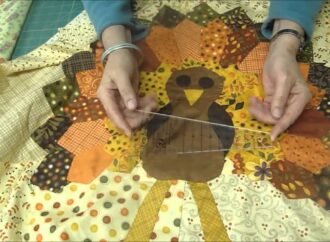



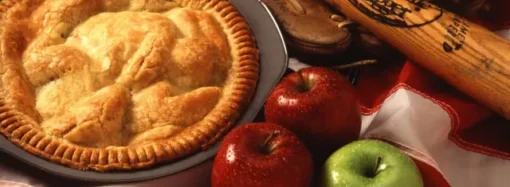









Leave a Comment
Your email address will not be published. Required fields are marked with *